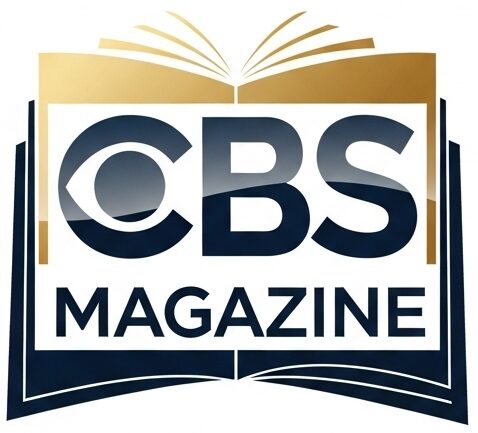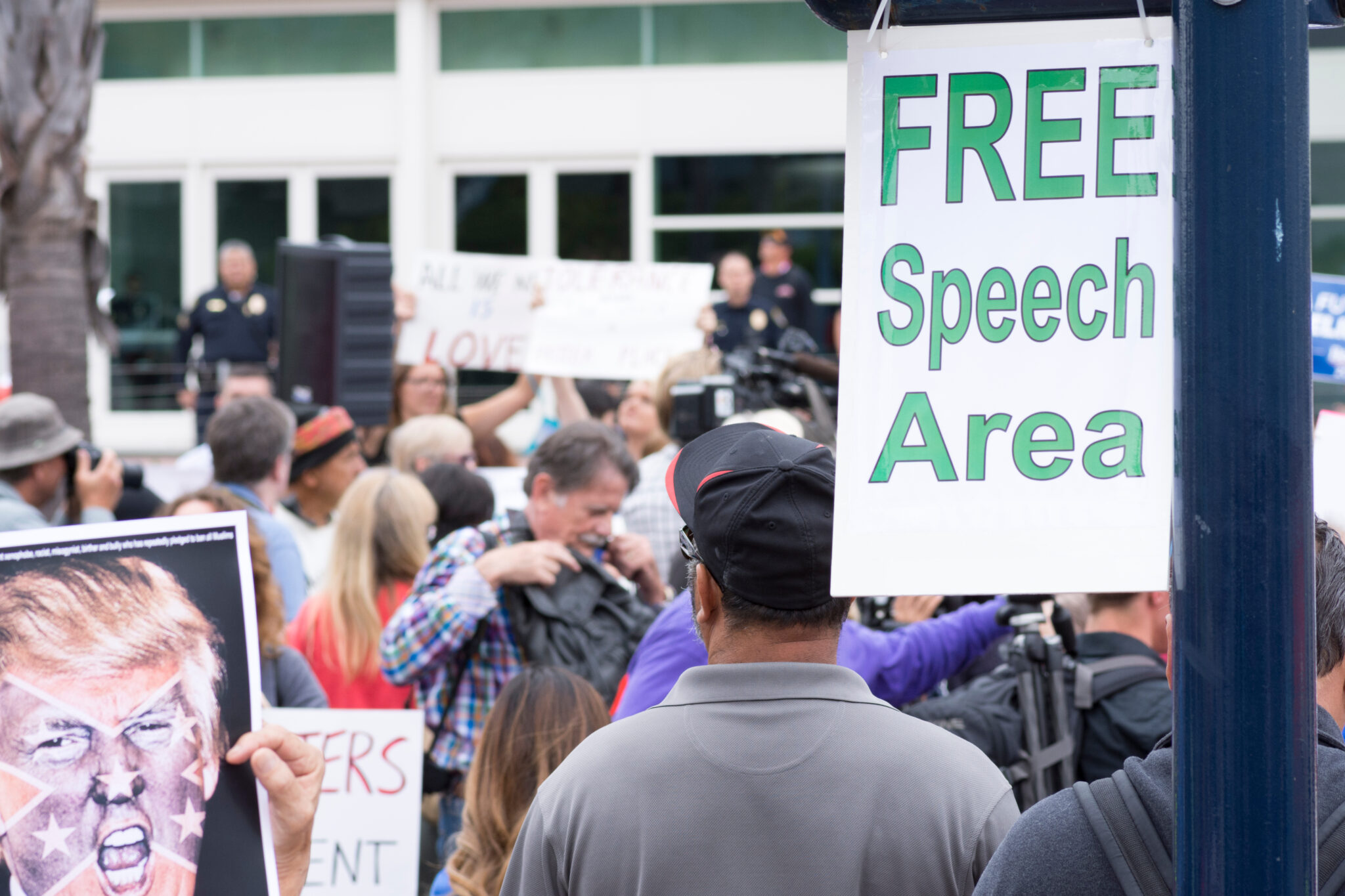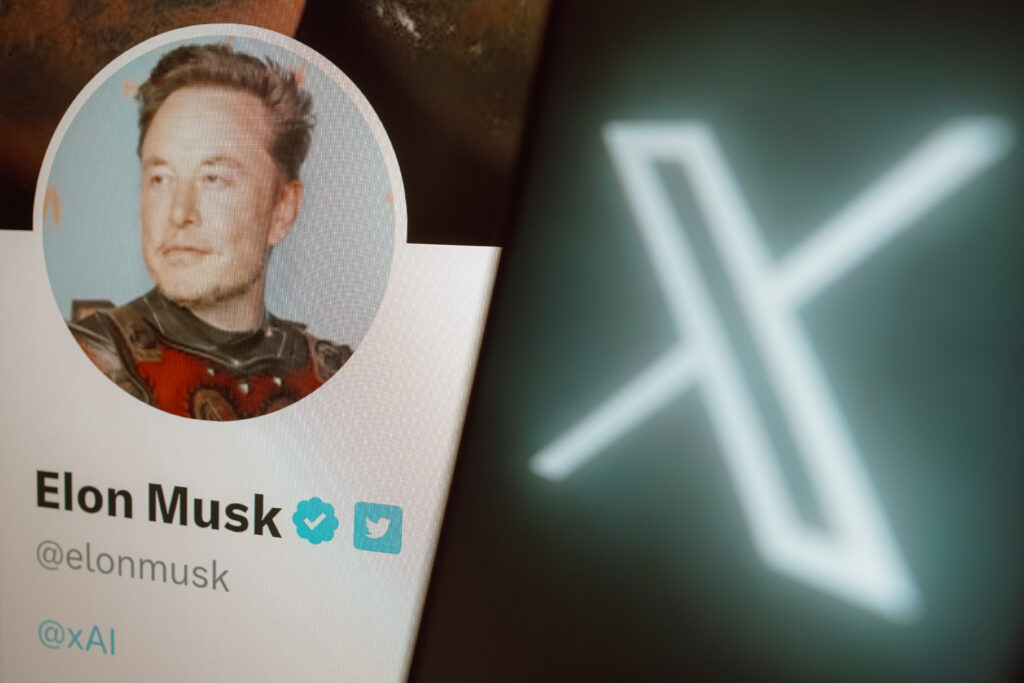President Donald Trump stirred up a storm on Friday when he claimed that harsh news stories about him cross the line into illegal territory. Speaking from the Oval Office, the president said that if 97 percent of media reports on him are negative, it’s “no longer free speech.” This bold statement came right after a big controversy over late-night host Jimmy Kimmel’s show getting pulled from ABC. The move has many people worried about attacks on the First Amendment. Trump’s words and actions show a growing clash between the White House and the press. In a time when trust in news is already low, this could make things even tougher for open debate. Let’s dive into what happened, why it matters, and what experts say about the risks.
What Sparked Trump’s Outburst? The Jimmy Kimmel Drama
The firestorm started with comedian Jimmy Kimmel. On his ABC show, Kimmel made jokes about the recent shooting death of conservative activist Charlie Kirk. Kirk, a big Trump supporter and founder of Turning Point USA, was killed on September 10, 2025, at Utah Valley University. A 22-year-old suspect, Tyler Robinson from Utah, was arrested just days later. Robinson had an “obsession” with Kirk, according to the FBI, and even left notes hinting at his plans.
Kimmel quipped that some in the MAGA crowd were trying to paint the shooter as an “outsider” to fit their story. This hit a nerve with conservatives. FCC Chairman Brendan Carr, a Trump appointee, blasted Kimmel’s words as “sick” and “misleading.” On a right-wing podcast, Carr warned ABC and its owner, Disney, that the FCC could step in if they didn’t act. He said, “We can do this the easy way or the hard way,” hinting at license reviews or fines.
- Quick fallout: ABC suspended “Jimmy Kimmel Live!” indefinitely just hours later. Local stations owned by Nexstar and Sinclair, who carry ABC shows, refused to air it too. Both companies have big merger deals pending before the FCC.
- Trump’s cheer: From the UK on a state visit, Trump posted on social media calling it “Great News for America.” He urged other networks to follow suit.
- Backlash builds: Protests erupted outside Disney’s Burbank headquarters, with 200-300 people waving signs like “Bring Back Jimmy Kimmel.” The Writers Guild of America backed the rally, calling it a free speech crisis.
This wasn’t just about one joke. It fits a pattern where the Trump team uses government power to target critics. Carr, who wrote the FCC chapter for Project 2025, has pushed to probe “Big Tech” and media for bias. Now, he’s eyeing shows like ABC’s “The View” next, questioning if they count as “bona fide news” under equal-time rules.
Trump’s Long Fight with the Media: From Tweets to Threats
Trump has never shied away from slamming the press. He’s called them “fake news” and “the enemy of the people” since 2016. But this week, he took it further.
- The 97% claim: Trump said, “When 97 percent of the stories are bad about a person, it’s no longer free speech. That’s just cheating.” He didn’t cite any source for the number. Studies like one from Harvard’s Shorenstein Center show his coverage is often negative, but that’s par for presidents—Obama and Biden got similar treatment.
- License threats: On Thursday, Trump floated revoking broadcast licenses for negative stories. Federal law bans the FCC from punishing speech based on viewpoint. Past chairs from both parties say this is “illegal” and “unconstitutional.”
- Past moves: In his first term, Trump tried to block CNN’s Jim Acosta’s press pass, but courts ruled it violated the First Amendment. Now, with Carr in charge, allies see a chance to flip the script on what they call “left-wing censorship.”
Even some Republicans pushed back. Texas Sen. Ted Cruz, on his podcast, called Carr’s threats “dangerous as hell” and “right out of ‘Goodfellas.'” Cruz said it could backfire on conservatives if Democrats regain power. Senate Minority Leader Chuck Schumer demanded Carr resign, saying it’s “outrageous” and like tactics from China or Russia.
Democrats like Rep. Ro Khanna want to subpoena Carr. Free speech groups, like the Foundation for Individual Rights and Expression (FIRE), warn this chills comedy and commentary. “The FCC can’t be an arbiter of truth,” they said.
The Bigger Picture: Charlie Kirk’s Death and a Divided Nation
Charlie Kirk’s killing added fuel to the fire. The 31-year-old activist, a Trump rally staple, was shot in the neck during a campus speech. Thousands attended his event on the “American Comeback Tour.” Witnesses heard one shot from a rooftop. Robinson, the suspect, texted a roommate confessing and begging silence. Prosecutors say he left a note: “I had the opportunity to take out Charlie Kirk and I’m going to take it.”
Kirk’s death hit hard for the right. Trump called it a “tragedy” and vowed the death penalty. Vigils popped up in Utah and Arizona. His widow, Erika, pledged to keep Turning Point USA going. But Kimmel’s monologue turned grief into a weapon. He said MAGA was rushing to blame “Antifa” or immigrants, ignoring that Robinson was a local Trump fan.
- Manhunt details: A family tip led to Robinson’s arrest in St. George, Utah, after 33 hours. The FBI offered $100,000 for tips.
- Motive probe: Early reports say Robinson fixated on Kirk, but no clear political link yet. Bongino, a conservative host, called it a “warning sign.”
- National ripple: The shooting sparked debates on campus safety and political violence. Gabby Giffords, a shooting survivor, urged peace over revenge.
This tragedy shows how fast emotions boil over in polarized times. Trump’s media war risks turning sorrow into censorship.
What Happens Next? Fights in Court and Congress
The Kimmel suspension could face lawsuits. The ACLU and media watchdogs plan challenges, arguing FCC threats violate the First Amendment. Past cases, like the Supreme Court blocking Biden-era social media pressure, give ammo.
On Capitol Hill, Democrats push a free speech bill. Republicans mostly stay quiet, but Cruz’s jab hints at cracks. Trump defended Carr as “incredible” and a “great American” who hates “illegal” airwaves use.
For TV networks, fear is real. Affiliates like Nexstar worry about deals. Disney’s Bob Iger and ABC execs made the call, sources say, to avoid fines up to millions.
Experts warn of a “chilling effect.” Comedians like Stephen Colbert and Jon Stewart rallied for Kimmel, with Colbert mocking FCC rules on air. If satire becomes “illegal,” late-night TV—and democracy—suffers.
Why This Hits Home for Everyday Americans
Free speech isn’t just for elites; it’s your right to question leaders. Trump’s push echoes authoritarian playbooks, where critics get silenced. In 2025, with AI deepfakes and social media wars, protecting real debate matters more than ever.
- Job impacts: Shows like Kimmel’s employ hundreds. Suspensions mean lost gigs for writers and crew.
- Viewer choice: If networks self-censor, you get less variety. Comedy helps us laugh at power—that’s healthy.
- Global view: Allies like the UK watch closely. Trump’s UK trip with PM Keir Starmer touched on trade, but free press came up too.
As protests grow and courts gear up, one thing’s clear: This isn’t over. Trump’s “no longer free speech” line tests America’s core. Will we defend the messy, critical press that keeps leaders honest? Or let threats win? The answer shapes our future.






















